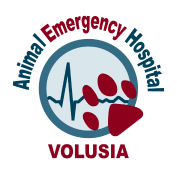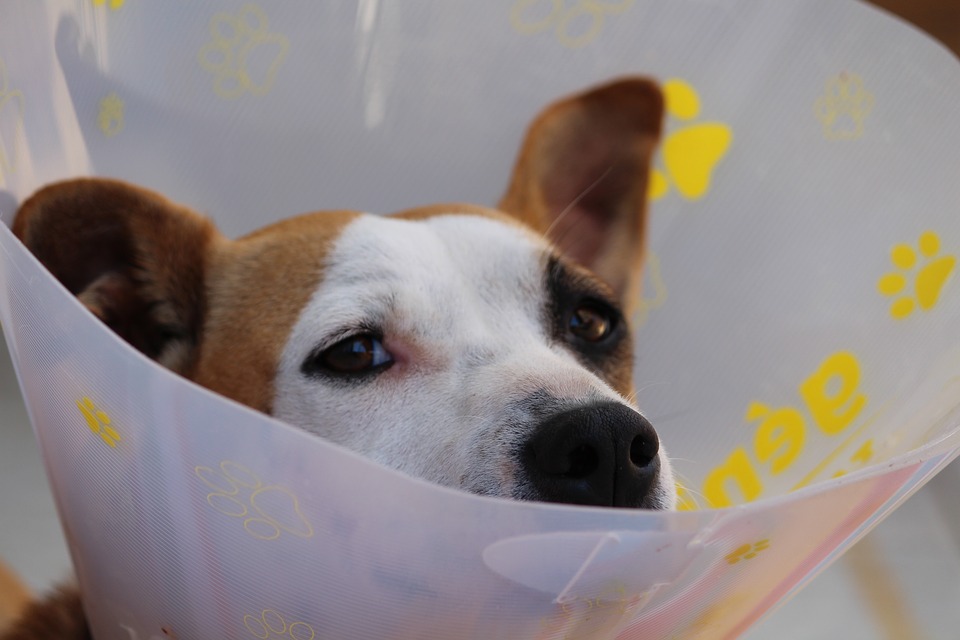Pets can wind up needing emergency care for a huge range of reasons – and some seem naturally more accident-prone than others! But much of what we see at Animal Emergency Hospital Volusia tends to be commonplace, and most pet parents will deal with one or more of these injuries in their pet’s lifetime.
Some injuries can’t be prevented, but let’s review the most common injuries dogs experience, including prevention, symptoms, and treatment.
Top 5 Dog Injuries
- Lacerations: Minor scratches and scrapes can often be handled at home, but deeper cuts, called lacerations, require veterinary attention due to the risk of infection. Plus, they hurt! Wound care to stop bleeding, pain medication, antibiotics, stitches, and/or surgery may be necessary, depending on the location and severity of the laceration.
- Lameness: Any time a dog isn’t walking normally, we call it lameness, which is a symptom of many potential problems. An orthopedic injury like a cruciate ligament tear might be to blame (similar to an ACL injury in humans), or your dog may have just pulled a muscle, as athletes often do. Older pets may limp or favor one leg due to painful osteoarthritis or even bone cancer. Lameness is generally not considered a medical emergency unless there are other symptoms, but a call to your veterinarian can help you determine whether your dog needs urgent care.
- Foreign body ingestion: Dogs eat the darndest things, much of which cannot easily pass through their stomach and intestines. Socks and underwear, razors, tennis balls, corn cobs, coins, and even rocks can cause gastrointestinal upset or injury to the dog’s internal organs, so X-ray and surgical removal is often necessary to get them well again. Common symptoms include vomiting, loss of appetite, nausea, diarrhea, abdominal pain, and lethargy.
- Eye injuries: Some of the most common eye injuries in dogs include scratches on the eye’s surface (corneal laceration or ulcer) from contact with sand, gravel, or brush, eyelid injuries and foreign bodies in the eye. Eye injuries are very painful, so dogs may paw at or rub their faces and squint or blink excessively. There may be tearing or discharge from the eye, as well. A veterinarian will examine the eye to determine the extent of the injury and recommend appropriate treatment.
- Heatstroke: Especially in summer months, when heat and humidity spike, you must be mindful of the risk of heat stroke. Dogs cannot sweat to regulate their body temperatures, so it’s easier for them to get overheated. Dogs with long or heavy coats and those with short snouts like Pugs, French Bulldogs, and Boxers, have an even harder time. Offer shade and water when outside and keep exercise brief. Call your veterinarian or seek emergency care if you notice excessive panting, bright red gums and tongue, lethargy, and/or vomiting and diarrhea.
If you think your dog requires emergency care, please give us a call. AEHV is open 24/7, and no appointment is ever needed. We ask that you contact us at 386-252-0206 to alert us of your arrival and complete the admissions forms online.

